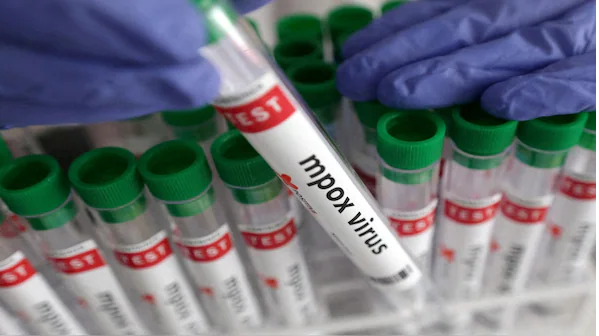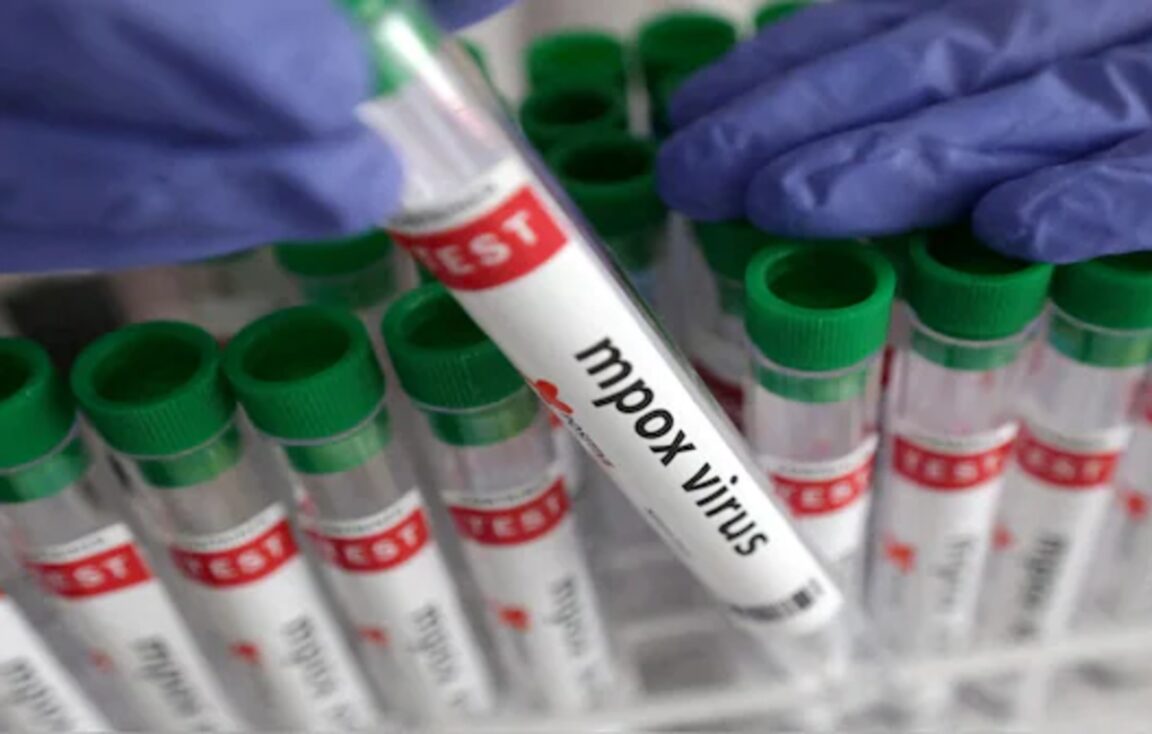
The Mpox outbreak remains a global health concern, with the World Health Organization (WHO) reporting 99,176 confirmed cases as of June 2024. Despite efforts like the WHO’s Strategic Framework for Mpox (2024–2027), the situation in the Democratic Republic of Congo (DR Congo) is critical, with over 14,000 cases and 511 deaths reported in 2024 alone. On August 13, 2024, the Africa Centers for Disease Control declared a public health emergency due to an alarming rise in cases, driven by a new and more severe strain, clade Ib. This strain has severely impacted vulnerable populations, with 78 per cent of deaths occurring in children under 15.Mpox in India: A Growing Concern
In India, the first case of Mpox was reported on July 14, 2022, in Kerala, followed by cases in Delhi and other regions. Most of these cases involved individuals with a history of international travel, and while men were predominantly affected, two women aged 31 and 22 were also diagnosed. Tragically, one death has been reported in India—a 22-year-old male who contracted the virus in the United Arab Emirates and passed away due to encephalitis, a known complication of Mpox. The Indian government responded swiftly, drawing from lessons learned during the COVID-19 pandemic. In July 2022, the Ministry of Health and Family Welfare (MoHFW) released comprehensive guidelines for managing Mpox cases. Isolation rooms were set up in several hospitals in Delhi, including VMMC Safdarjung, RML Hospital, and Lady Hardinge Medical College. This initiative has since expanded to other hospitals, including Lok Nayak Jai Prakash Narayan (LNJP) Hospital, Guru Teg Bahadur (GTB) Hospital, and Dr. Baba Saheb Ambedkar Hospital. India has also ramped up its testing capabilities. The National Institute of Virology (NIV) in Pune serves as the nodal center for confirming Mpox cases through RT-PCR testing. Several other virology institutions and laboratories across India have been authorized to conduct these tests, including AIIMS Delhi Virology Lab and Kasturba Hospital in Mumbai.
Key Symptoms and When to Seek Testing
Recognising the early symptoms of Mpox is crucial to preventing its spread. The disease typically presents with flu-like symptoms such as fever, headache, and body aches, followed by a characteristic rash that can spread across the body. If you or someone you know has been exposed to Mpox or is experiencing these symptoms, it’s essential to seek testing, especially if there’s been a history of travel to areas with known Mpox outbreaks. In vulnerable populations—such as children, pregnant women, and individuals with weakened immune systems—the disease can be more severe. In DR Congo, for instance, children under the age of 15 account for a significant portion of Mpox-related deaths. Immediate medical care and quarantine measures are critical in such cases to prevent further transmission and manage the symptoms effectively.
Prevention and Treatment
Public health recommendations include avoiding close contact with suspected cases and considering vaccination for those at higher risk. India’s MoHFW guidelines emphasize patient isolation, strict hygiene practices, and the use of protective masks by both patients and healthcare workers. The antiviral drug Tecovirimat has been approved for the treatment of Mpox in the US, and its efficacy is being explored in other countries. Additionally, the smallpox vaccine offers cross-protection against Mpox, and ongoing research is investigating its broader utility in preventing future outbreaks. In India, the Serum Institute of India (SII) is working on developing an mRNA-based vaccine in collaboration with Novavax to address this growing threat.
Way Forward: Strengthening Global Cooperation
Global cooperation is key to controlling the spread of Mpox. The high cost of vaccines and limited availability in countries like DR Congo highlights the need for international collaboration in resource allocation. Advancing scientific research, improving diagnostic tools, and strengthening surveillance methods will be vital in combating future outbreaks. Wastewater monitoring, for instance, has proven to be an efficient tool in early detection and could be used to track Mpox spread, similar to how it was used during the COVID-19 pandemic. While Mpox remains a global health challenge, timely awareness, early testing, and international collaboration can help curb its spread and reduce its impact on vulnerable populations.
The article is written by Dr Shelly (Mittal) Mahajan, Lab Director & Clinical Lead at Mahajan Imaging Labs
(DISCLAIMER: The views expressed are solely of the author and ETHealthworld.com does not necessarily subscribe to it. ETHealthworld.com shall not be responsible for any damage caused to any person/organisation directly or indirectly)


